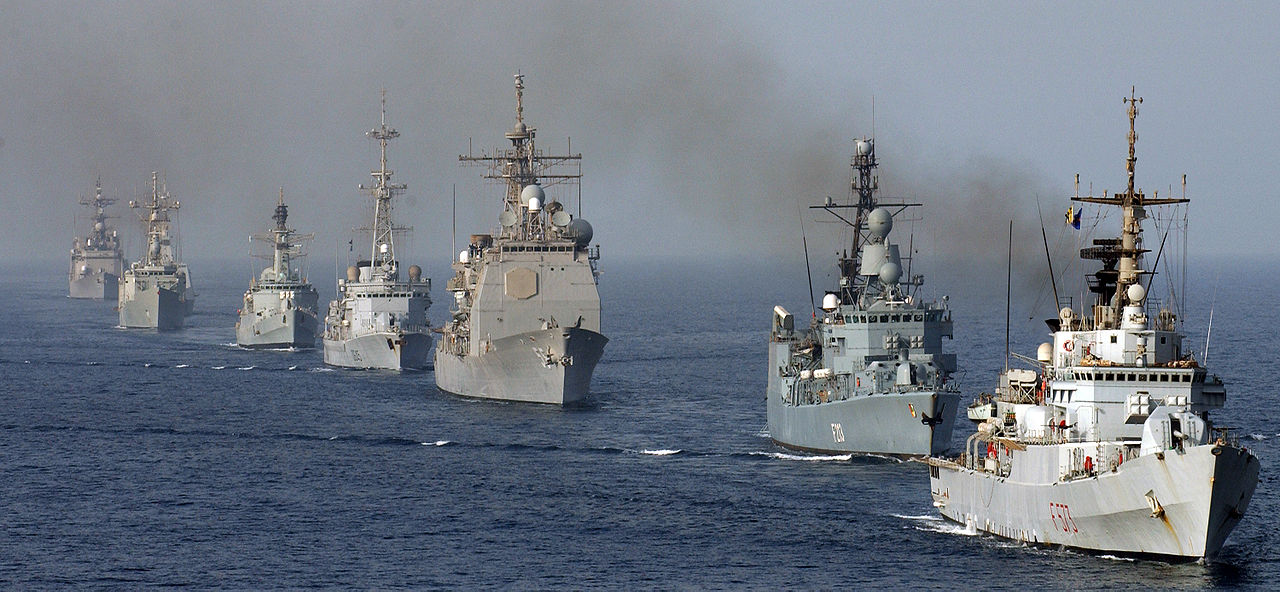04/12/2021
Mogadishu, Somalia
The U.N. Security Council has voted unanimously to continue the mandate of an international naval force to maintain presence of the Somali coast as it does every year.
However, this year has seen a stark change from previous years. The mandate has only been extended for three more months. It is important to know that the extension of the mandate is dependent upon the consent of the Somali government.
Now, the Somali government has objected to another year long renewal sought by the US, which drafted the resolution, and agreed to a three months extensions following negotiations with the US and other council members.
In a statement read to U.N. Security Council, Somali ambassador to the U.N. Abukar Osman stated:
“We believe that the Security Council resolutions on piracy and armed robbery off the coast of Somalia have successfully achieved its intended objective”.
Indeed, there has not been a single incident of piracy of the Somali coast for four consecutive years, demonstrating the absence of any criminal activities and the successful achievement of the mission which is currently in its 13th year.
Ambassador Osman explained Somalia gave consent for a three-month extension of the mandate to allow a transition to bilateral arrangements within Somali national waters “to help us in the maritime security, which is the only sustainable way to preserve hard-earned gains”.
Conversely, France’s political coordinator, Sheraz Gasri, told the council that three months is too short to allow the European Union and others to continue the naval operation “under proper conditions.”
“There’s a risk of a security vacuum, which would be disastrous for Somalia and for the region as a whole,” she warned.
A Stronger Somali Foreign Policy
We have seen the Somali Federal Government take significant strives over the past 12 months when it comes to foreign policy.
We have seen the Permanent Somali Mission to the UN reached important milestones including the successful rejection of the AUPSC’s AMISOM hybrid proposal in exchange for the continuation of the U.N. approved Somali Transition Plan (STP). The Mission also successfully managed to curb some of the overpowering oversight of the Panel of Experts on Somalia as well as ensuring that any weapons brought to Somalia must get approval from Mogadishu.
Somalia has also seen success at the International Court of Justice despite diplomatic pressure from Kenya and its allies including the United Kingdom.
What is clear is that Somalia is exerting its presence on the international stage.
A stronger foreign policy equates to a stronger nation.
Author: Suldan Mohamed
Contribution: Suleiman Hashi
Contact Us: Info@HorufadhiMedia.com







































